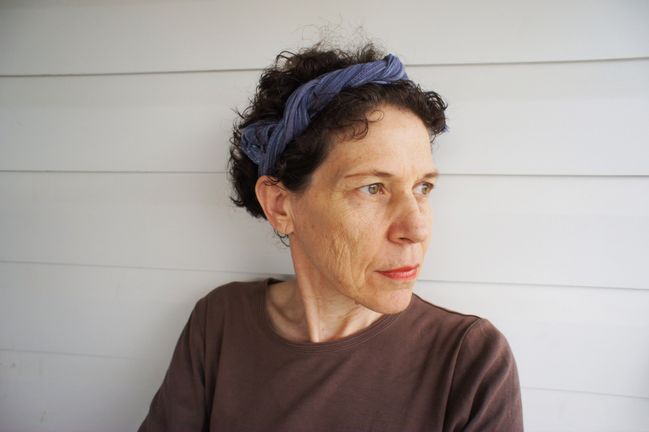Palinurus
The Living Force
A high profile case of euthanasia is recently being reported from Italy:
http://www.independent.co.uk/news/world/europe/paralysed-italian-dj-fabiano-antoniani-euthaniasia-switzerland-clinic-forch-take-own-life-a7605151.html
(illustrations and hyperlinks omitted)
http://www.independent.co.uk/news/world/europe/paralysed-italian-dj-fabiano-antoniani-euthaniasia-switzerland-clinic-forch-take-own-life-a7605151.html
(illustrations and hyperlinks omitted)
A paralysed DJ ended his own life with the press of a button in Switzerland after a fruitless campaign for euthanasia in his native Italy.
Fabiano Antoniani died at a euthanasia facility in Forch after reportedly triggering the lethal substance.
The 40-year-old had campaigned for a change in the assisted suicide law in his homeland, but Italy's parliament had shelved the debate 11 times.
Former MEP and activist Marco Cappato, who traveled with Mr Antoniani to Switzerland, could face criminal charges after helping escort the musician to the facility.
Police have questioned him over the death, he said on Twitter.
Mr Antoniani was left blind and tetraplegic by car crash in 2014. The DJ dropped his phone while driving and smashed into the car in front of him as he tried to pick it up.
Also known as quadriplegia, Tetraplegia is paralysis caused by illness or injury that results in the partial or total loss of use of all four limbs and torso.
He appealed to Italy President Sergio Mattarella for the right to die, and shortly before his death, criticised the country for failing to pass laws allowing him to do so.
“Finally I am in Switzerland and, unfortunately, I got here on my own and not with the help of my country,” he said, in a message posted on social media shortly before his death.
“Fabo died at 11.40am. He decided to pass away, respecting the rules of a country which is not his own,” Mr Cappato wrote on Twitter, shortly after he died.
Roberto Saviano, an Italian journalist, who was a friend of DJ Fabo, also wrote: “We distinctly heard you ask for a dignified death. There is no possible justification for the silence that you’ve achieved in response.
“There is no possible justification for the lack of empathy, of attention, and humanity, from the European Parliament, and from the country, which by fate, you were born in.”
In one of Mr Antoniani’s last Facebook posts, he wrote: “F*** the boredom… f*** the problems… f*** the sickness.”
Euthanasia is illegal in Italy, a traditionally Catholic country, but the law upholds a patient’s right to refuse care.
A bill to clarify assisted suicide law has been postponed in Italy three times, but according to La Stampa, will be debated by the Chamber of Deputies this week.
Hundreds have travelled to Zurich to end their lives since the Dignitas organisation was set up in 1998.
The number of assisted suicides in Switzerland, according to statistics from Dignitas and Exit, stood at 416 in 2011 but 1,004 in 2015.
In the UK, a woman suffering from Crohn's disease last month said she will pay £10,000 to end her life in Switzerland because of social care cuts.

